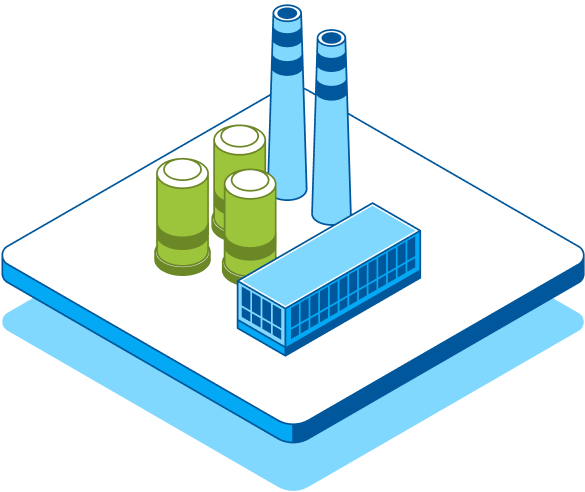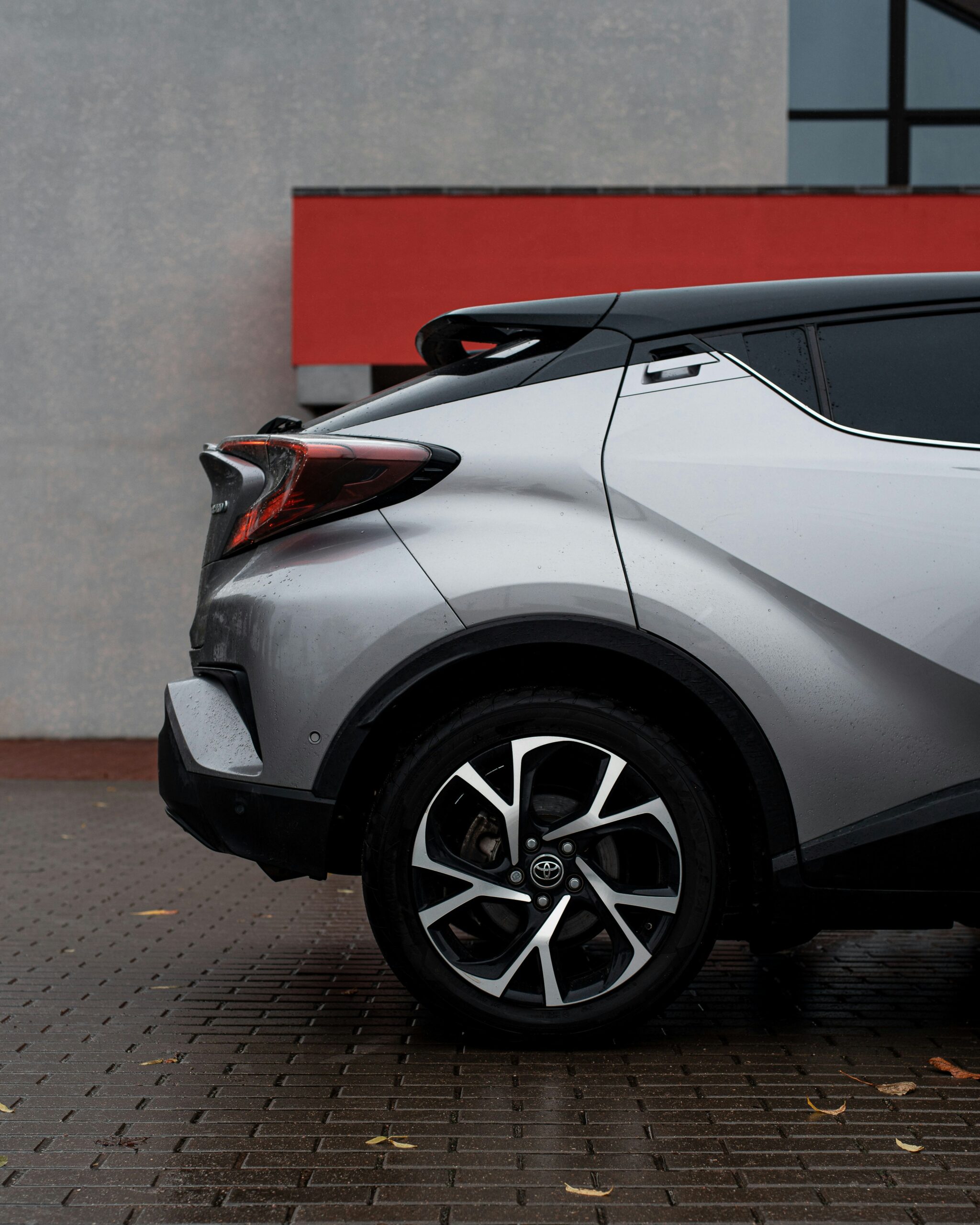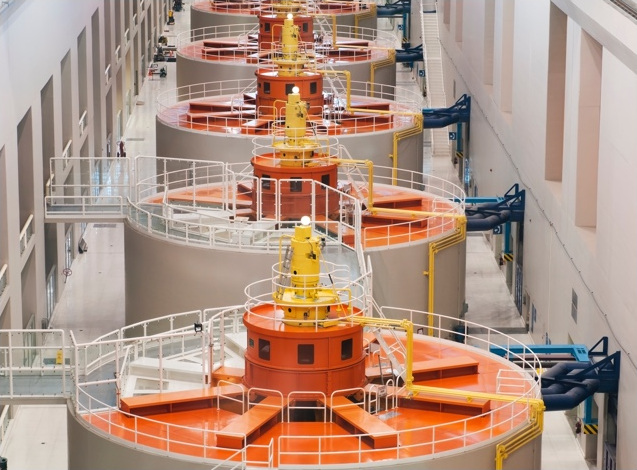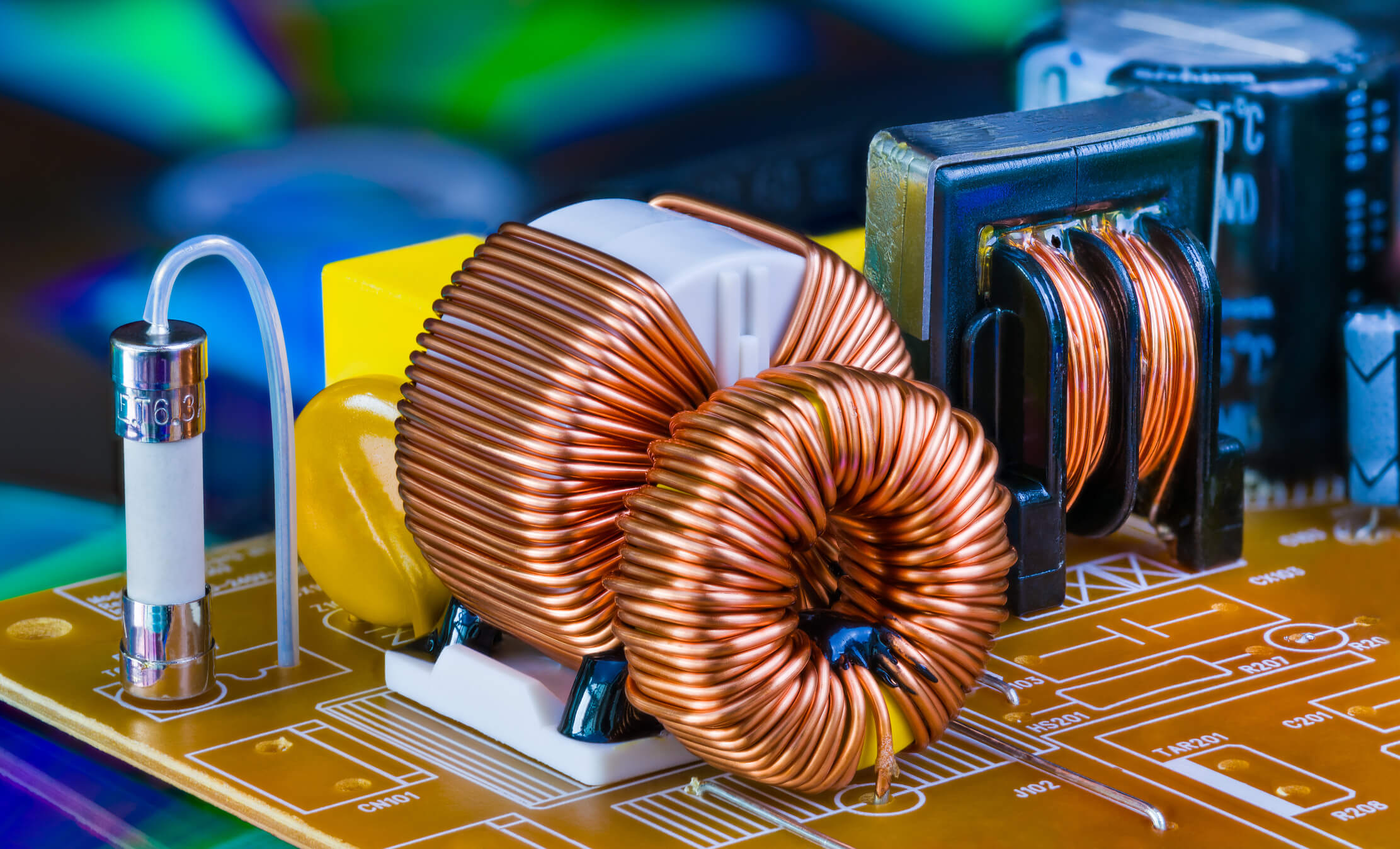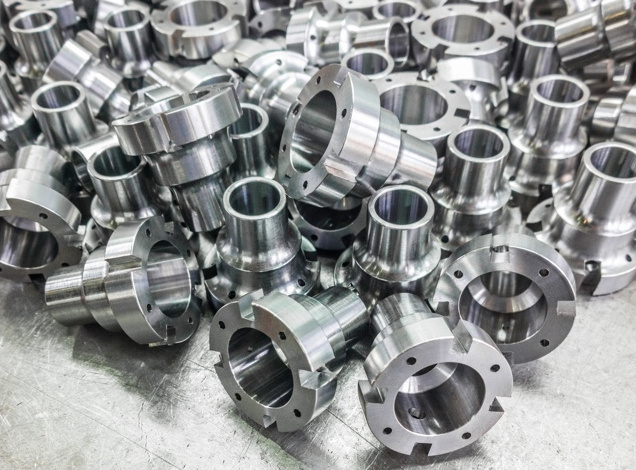
Lead: making high-performance machining more efficient and cost-effective
Europe's steel industry, which produced more than €152 billion worth of high quality steel in 2023 alone, relies on small amounts of lead to optimise both its production and use.

